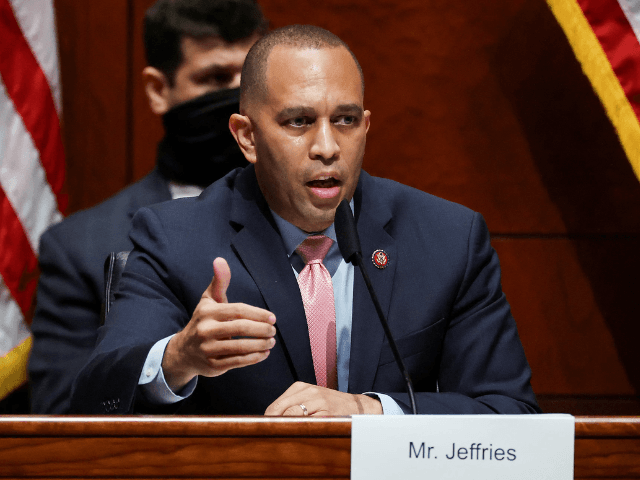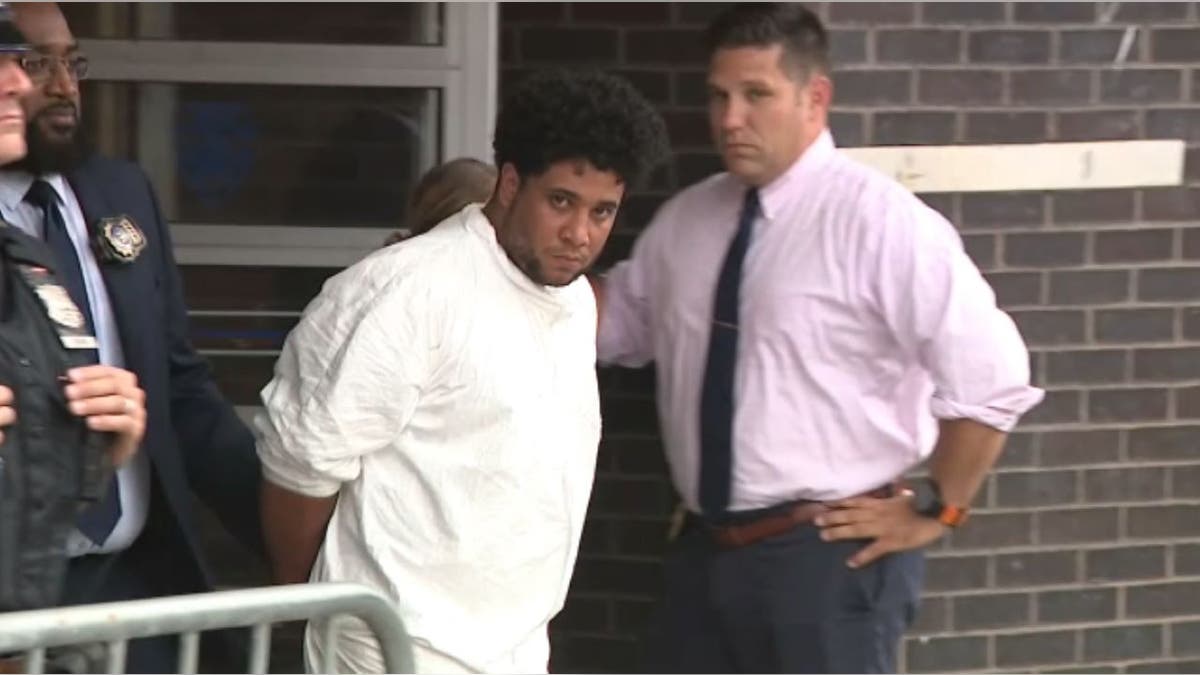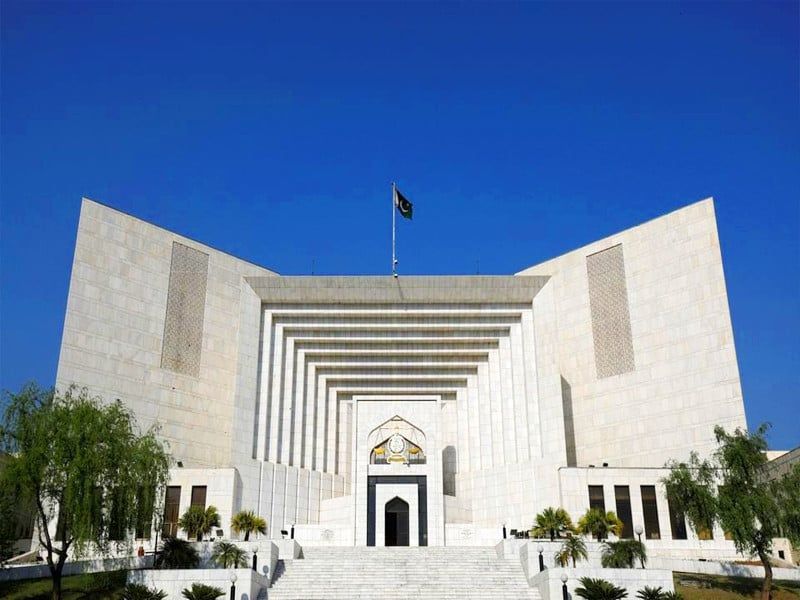President Biden's decision to pardon his son, Hunter, has ignited a firestorm of debate, particularly within the media landscape. While some commentators have defended the move, others have expressed criticism, even within liberal circles. The pardon, which covers offenses Hunter may have committed between 2014 and 2024, comes after the president previously stated he would not issue such a pardon. This shift has fueled much of the controversy.
Several prominent liberal voices have justified the president's action, drawing comparisons to pardons issued by previous administrations. Some have dismissed criticism as hypocritical, pointing to pardons granted by former President Trump. Others have argued that the prosecutions against Hunter were politically motivated. For example, MSNBC host Katie Phang suggested that the charges against Hunter Biden were unprecedented and driven by a pressure campaign orchestrated by Trump and his allies.
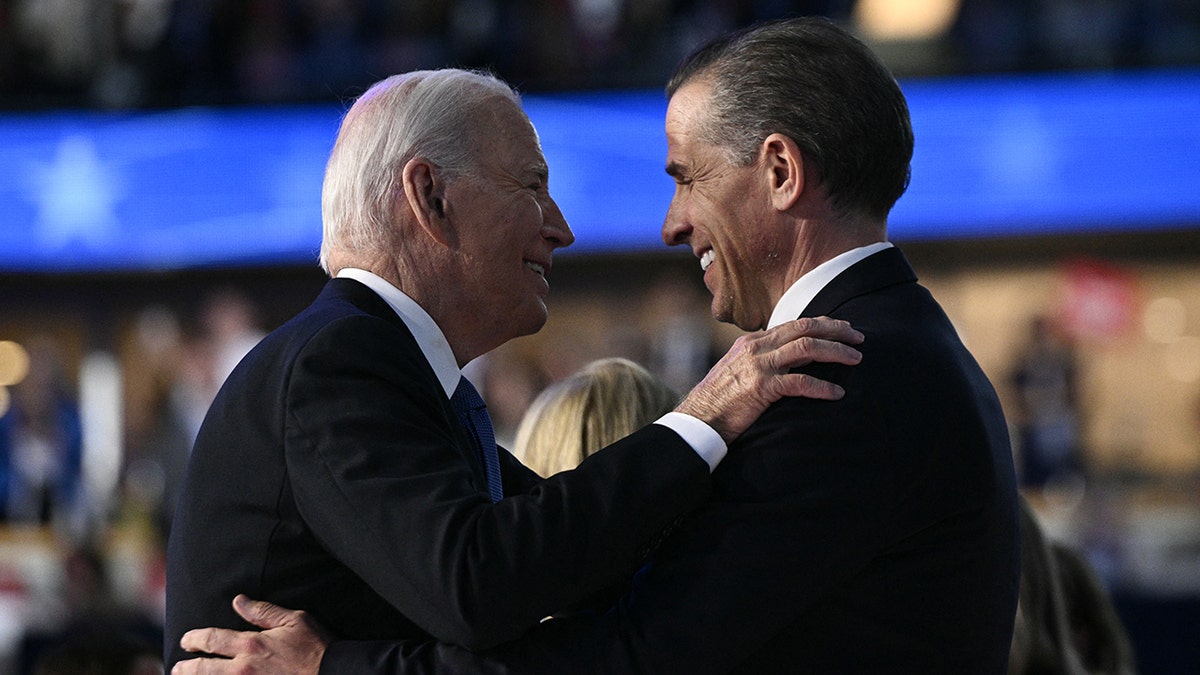
President Biden and Hunter Biden at the Democratic National Convention in Chicago on Aug. 19, 2024. (Brendan Smialowski/AFP via Getty Images)
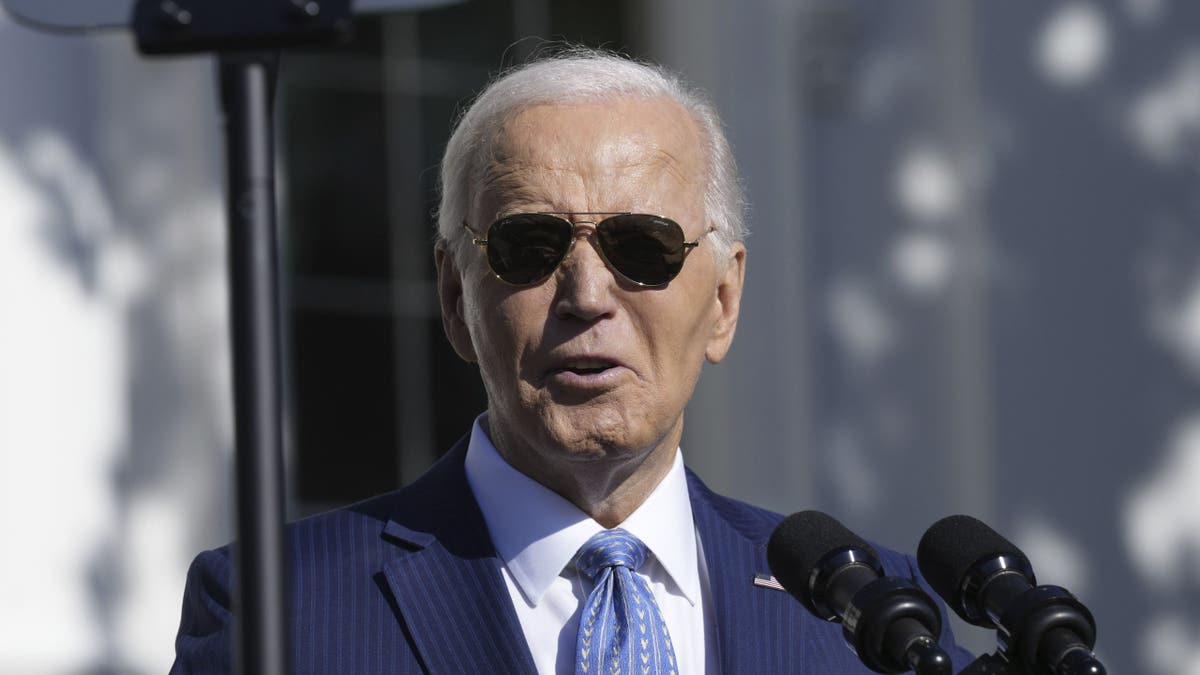
President Biden (AP Photo/Susan Walsh)
However, not all reactions from the left have been supportive. Some have voiced objections, albeit with varying degrees of intensity. George Conway, for instance, described the pardon as "understandable—but nonetheless objectionable." Others have criticized Biden for going back on his previous statements. Judd Legum, a progressive journalist, commented that if Biden intended to pardon Hunter, he shouldn't have publicly stated otherwise.

Joe Biden and Hunter Biden (Getty Images)
Adding another layer to the discussion, former CNN host Don Lemon defended Biden from a parental perspective, suggesting that pardoning one's child is a natural inclination. This perspective contrasts sharply with those who view the pardon as an abuse of presidential power.
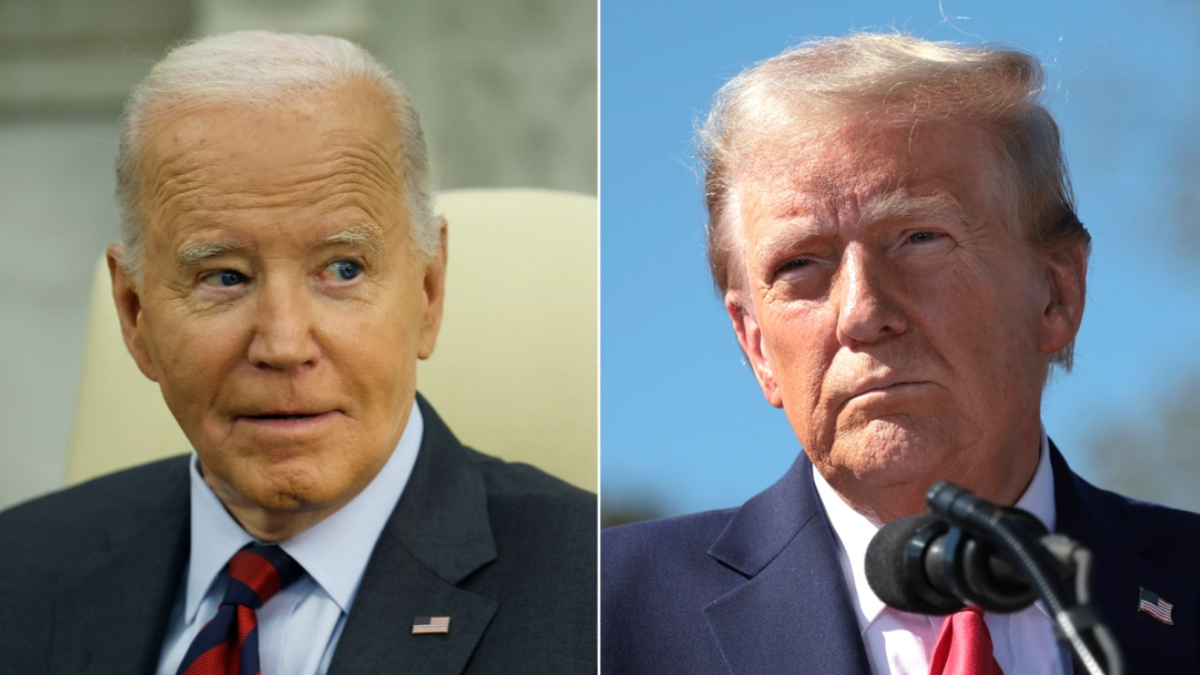
(Getty Images)
The varied responses underscore the complexities surrounding the pardon, raising questions about presidential prerogative, political influence, and familial obligations. The debate continues to unfold, with both sides entrenched in their respective viewpoints.


